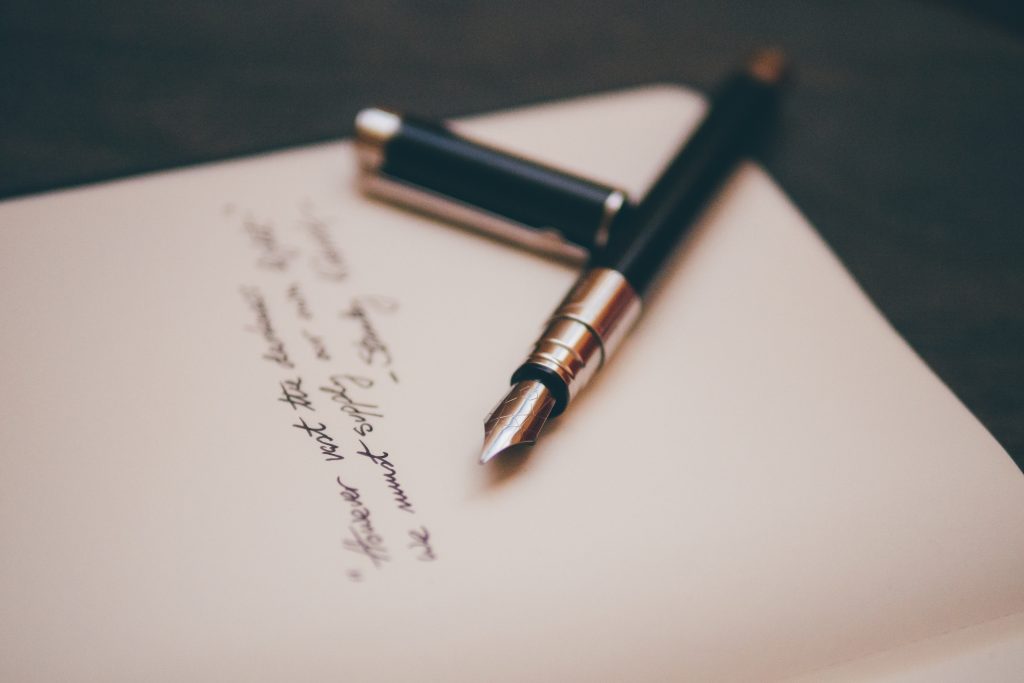Why Writing with One Hand is Better than Writing with Two

If you’re the type of person who brags about your 150 words per minute typing speed on 10fastfingers.com, you’re not going to like this…
A new study in the British Journal of Psychology led by Srdan Medimorec found that participants who typed with only one hand produced higher quality essays than participants who typed with both hands.
How can that be?
SPEED KILLS PROSE
“Typing can be too fluent or too fast, and can actually impair the writing process. It seems that what we write is a product of the interactions between our thoughts and the tools we use to express them,” says Medimorec.
When you write slowly, you give your brain time to retrieve the right words that best express your message.
Co-author of the study, Professor Evan F. Risko, added this:
“This is the first study to show that when you interfere with people’s typing, their writing can get better. We’re not saying that students should write their term papers with one hand, but our results show that going fast can have its drawbacks. This is important to consider as writing tools continue to emerge that let us get our thoughts onto the proverbial page faster and faster.”
The study authors suggest writing your first drafts with pen and paper or using some kind of speech-to-text software.
Personally, I find whenever I write articles out by hand first, it forces me to nail my big idea.
Conversely, when I start typing every thought I have on a topic in a Word doc, that’s when my message gets muddled and I spend more time editing and rewriting paragraphs to flesh out my thoughts.
Even if you’re strapped for time — you have a deadline to meet — I still suggest you write out the lead or first two paragraphs by hand. You’ll be surprised how the clarity of your overall message improves following this one simple hack.
If you have any tips on writing well, please share them in the comments.
Nick Papple
Managing Editor
Success Formula Daily
#NOWYOUKNOW
What a Classic Arcade Game Can Teach You About Productivity
By Cal Newport
A reader recently shared with me an interesting observation from his own life.
To provide some context, this reader is a fan of the classic arcade game snake. This game is hard: as your snake grows, it requires an increasing amount of concentration to avoid twisting back on yourself and ending the round.
What this reader noticed was that whenever he paused the game for a quick interruption (e.g., answering a text or talking to someone who walked into the room), he became significantly more likely to fail soon after returning to play.
These arcade struggles might not sound that surprising, but they turn out to be a great example of a psychological effect that every knowledge worker should know about: attention residue.
Did someone forward you this email? Get your own copy of Success Formula Daily sent straight to your inbox every weekday. Click here.
Check out what you missed in the last issue here.